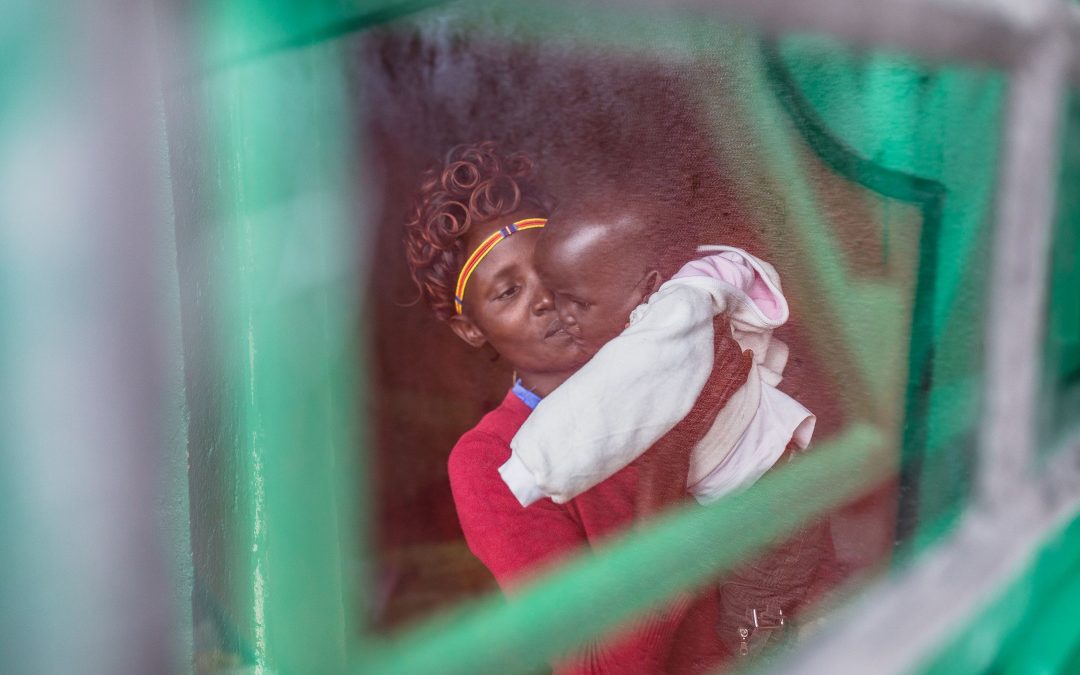Vernonica Chepkite’s on her experience of Female Genital Mutilation (FGM)
Here at DSW’s Right By Her project, we are working on improving the situation for women and girls across Africa in four key rights areas: HIV & AIDS, sexual and reproductive health, gender based violence and harmful practices, which includes child marriage and female genital mutilation (FGM).
In the next couple of weeks, we are going to be delving deeper into the topic of FGM, hearing from a series of stories from a cross section of the West Pokot community in Kenya to find out first-hand what their perceptions of, and experiences with, the practice are.
First, a little bit about the practice: Female genital mutilation is the custom of partially or wholly removing the external female genitalia. The practice is often performed without anaesthesia on girls before their 15th birthday using tools such as unclean razor blades, broken glass, knives and scissors. The practice occurs in 28 countries across Africa and it is estimated that more than 200 million women and girls alive today have undergone FGM. For a bit more information into FGM, please read our blog on Three Myths Surrounding FGM.
One of the first people we wanted to talk to when we went to West Pokot was a woman who had experienced FGM personally. Veronica Chepkite, aged 25 was cut when she was 9 years old. Here is her inspring story (scroll down for a written, extended version):
In my community girls used to be told that FGM is good and it makes you a woman.
Many girls also underwent the cut to get married and bring cows – which is considered as wealth to their families. Without the cut, it was impossible for a girl to get married.
I remember when I was cut, I bled for almost 2 weeks. I bled a lot. I was 9 years old. the only thing the community did to me was to slaughter a goat to celebrate my cut. They said it a transition to womanhood, our tradition and culture.
After I was cut, a man almost the age of my father came to my village to bring cows to marry me, I escaped and I was still very young, I hadn’t even reached adolescence. The other girl who was cut the same day as me, fainted, succumbed to her injuries and she died.
These days I advocate for FGM through my music which I believe has reached a lot of people. I get invited to schools, churches, women’s groups, community meetings to tell people the dangers of FGM like fistula, early child marriages which is affecting my community.
I also tell my community that a woman doesn’t need to undergo FGM to be considered a woman, she can still be married, and have kids just like any other person. FGM is not good and we need to eliminate it.
There are traditions which have been passed with time and are not beneficial to anyone at all.
We need to educate our children so that they know what’s good and what’s bad. Many people who are not educated are still practicing FGM. A child who is 8 years old cannot be a wife – an 8-year-old child should in school studying to become someone of value in the community.
This primitive practice should stop and the community should be aware of its dangers. Through my music, I am hoping to reach out to many women and girls and even the men, to educate them and make them aware that FGM is evil and should be stopped now.
 We are incredibly grateful to Vernoica for sharing her experience and for her inspirational work. Keep an eye on our series for more stories from a former ‘cutter’, a male village elder and a mother.
We are incredibly grateful to Vernoica for sharing her experience and for her inspirational work. Keep an eye on our series for more stories from a former ‘cutter’, a male village elder and a mother.
To find out more about DSW’s Right By Her project, please head to www.rightbyher.org.
#RightByHer #EndFGM #MakeRightsAReality
